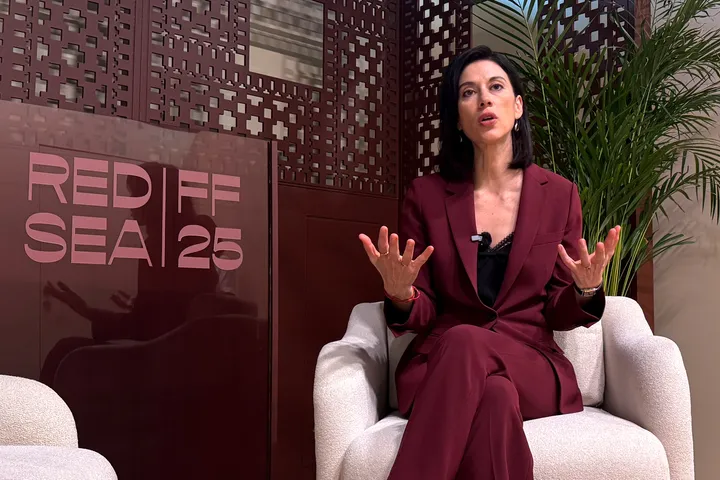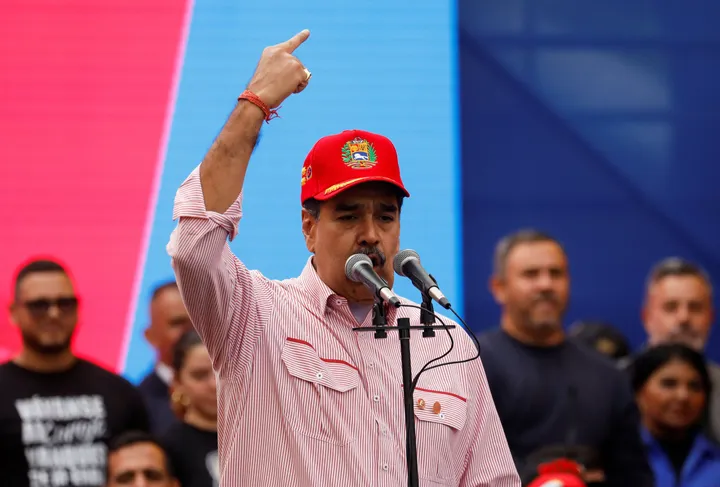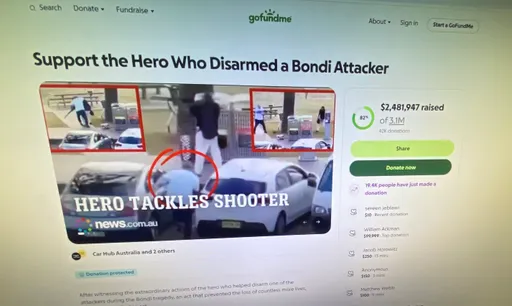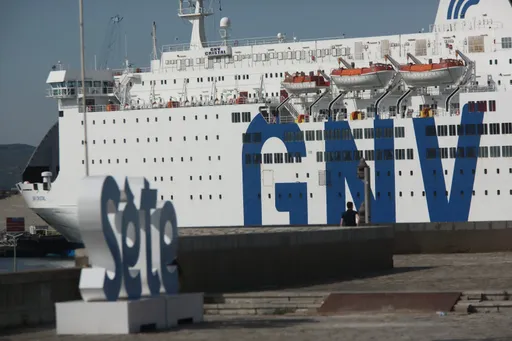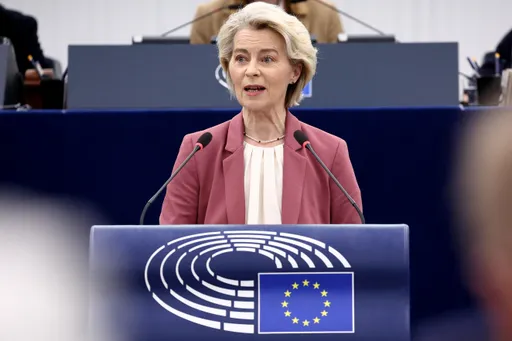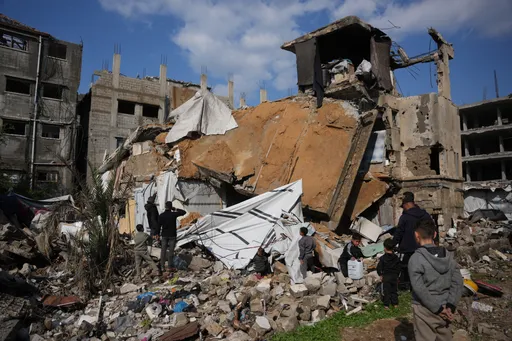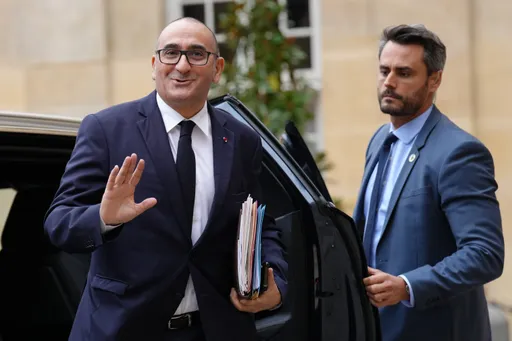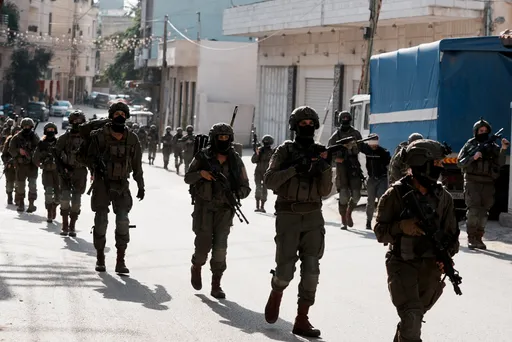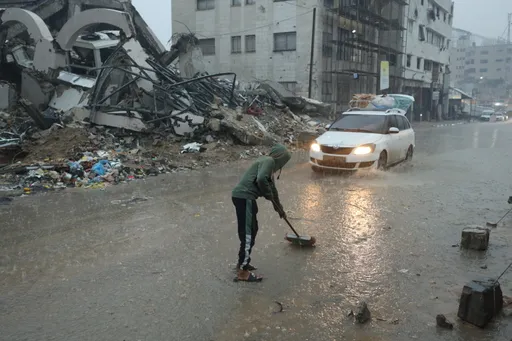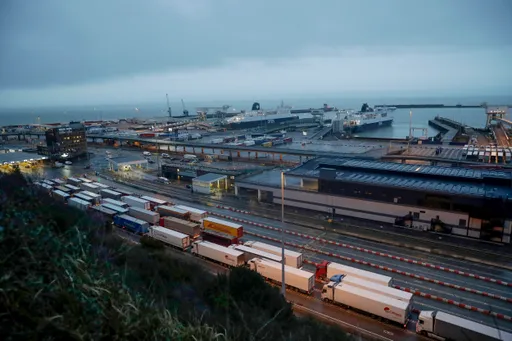Countries from around the world have pledged to continue the fight against racism during a conference on the sidelines of the UN General Assembly (UNGA) session, despite Israeli efforts to scuttle the event.
UN members met on Wednesday to commemorate the Durban World Conference on Racism that was first held in 2001 to raise voices for the marginalised communities including the Palestinian people.
Israel, the United States, and some other countries — at least 19 nations in all, by Israel's count — boycotted the meeting.
Like previous years, Tel Aviv lobbied for months to stop UN members from attending the conference, which Israel's envoy to the UN Gilad Erdan called "fundamentally rotten".
READ MORE: Palestine calls for aid as UN fails to break silence over Israeli attacks
Israel tries to sow discord
This is not the first time Israel tried to sow discord over the conference as the original declaration called out Israel for its mistreatment of Palestinians.
Like on previous occasions, Israeli officials lobbied to paint the conference as 'anti-Semitic' — an argument that Israel often deploys to shut down criticism of its apartheid-like policies that discriminate against Palestinians.
The first conference held in Durban, South Africa, was marked by divisions after civil rights activists denounced Zionism as racism.
Eventually, a watered-down version of the declaration was adopted that mentioned Israel only twice and recognised the "plight of the Palestinian people under foreign occupation."
Nevertheless, the conference still went ahead this year.
READ MORE: Israeli settlers target Palestinian village in 'price tag' attack
Rise in discrimination
The assembly adopted a resolution that acknowledged some progress but deplored what it called a rise in discrimination, violence, and intolerance directed at people of African heritage and many other groups — from the Roma to refugees, the young to the old, people with disabilities to people who have been displaced.
Vowing "to accelerate momentum to make the fight against racism ... a high priority for our countries," the measure pointed to the effects of slavery, colonialism, and genocide.
READ MORE: Busting the myth of Palestinian ‘human shields’ in Gaza
It called for ensuring that people of African descent can seek “adequate reparation or satisfaction” through national institutions.
It also noted ills caused by religious prejudices, specifically including anti-Muslim, anti-Semitic, and anti-Christian bias.
And Jamaica, while joining on Wednesday's meeting, complained there weren't sufficient calls for slavery reparations in a new political declaration that was drafted but apparently stalled over disagreements.
Still, the event — coinciding with the assembly's annual meeting of world leaders — spotlighted the cause of racial equality at a time when the coronavirus pandemic has underscored inequities, and as the 2020 police killing of George Floyd in the US has re-energised racial justice movements around the world.
"As we strive to correct the wrongs of the past, we must combat racism, sexism, and national chauvinism of the present," South African President Cyril Ramaphosa told the gathering via video.
"Just as we have united to combat the Covid-19 pandemic. Let us recommit ourselves to implement" the promises made in Durban, he added.
"Ending racism is a fight in which each of us has a stake."


